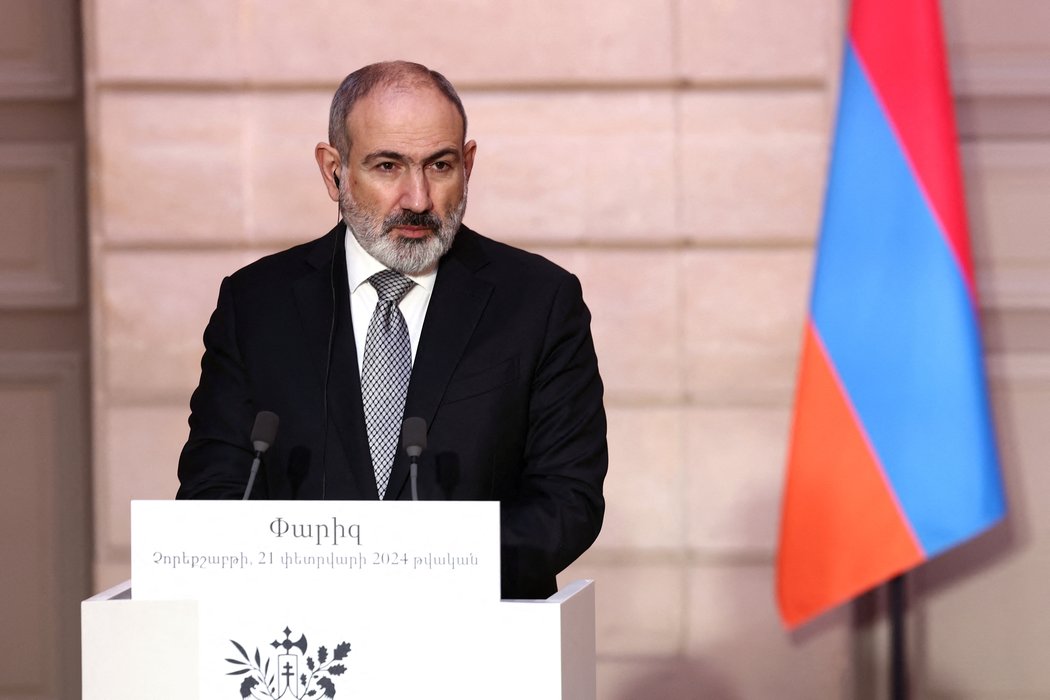
Freedom of Association
EU-Armenia Civil Society Platform’s 4th Meeting in Yerevan
The fourth meeting of the EU-Armenia Civil Society Platform, a consultative body established under the Comprehensive and Enhanced Partnership Agreement (CEPA) between the European Union (EU) and Armenia, took place in Yerevan. CEPA governs the bilateral relationship between Armenia and the EU, which was formalised after Armenia chose not to sign the Association Agreement with the EU in 2013. Armenia then negotiated a new legal framework to strengthen its cooperation with the EU.
During the meeting, both parties acknowledged the significant role of civil society in achieving CEPA’s objectives. The final document identified areas where reforms need to be accelerated and urgent action taken to avoid humanitarian consequences. Additionally, Armenia's involvement in international cooperation frameworks and its commitment to aligning domestic policies with international standards were reaffirmed, especially as Armenia is a signatory to several global conventions.
The joint declaration outlined common goals aimed at speeding up reforms and recognised the vital contribution of civil society organisations (CSOs) in implementing public policies, particularly in Armenia’s complex regional context.
Freedom of Peaceful Assembly
Protests by Nagorno-Karabakh Refugees in Yerevan
In March 2024, Armenian refugees from Nagorno-Karabakh protested in Yerevan against new government measures affecting the financial support they’re entitled to. The Caucasian Knot reported that earlier that month, amendments were made to the legislation that had previously allocated financial resources to displaced ethnic Armenians from Nagorno-Karabakh, following the region’s transfer to Azerbaijani control. The revised legislation now limits financial assistance to minors, providing funds only for accommodation and utilities, while other displaced persons are no longer eligible for support.
In a joint statement following a rally on 20th March, a group of civil society organisations CSOs (including CSOs from the Nagorno-Karabakh region), as well as former officials, politicians and public figures, urged the Armenian government to maintain the original payments, warning that the situation for many refugees would deteriorate without this support. Some refugees stated they might be forced to leave Armenia in search of better opportunities. Protest organisers stressed that their action was not political but rather a humanitarian appeal for fairness and social justice.
In response to the protests, the Armenian authorities agreed to revisit the evaluations that led to the reduction in financial assistance.
Protests Over Armenia-Azerbaijan Border Demarcation
In late March 2024, tensions flared during the continuation of negotiations between Armenia and Azerbaijan over the demarcation of their borders, a process that has been ongoing since May 2022. No agreement was reached, and protests erupted in border localities where residents opposed the negotiations. The residents of the village of Voskepar in the border region of Tavush began collecting signatures demanding that the border areas adjacent to the village not be ceded to Azerbaijan. In addition to Voskepar, the residents of the villages of Baganis and Voskevan and the town of Noyemberyan said they were ready to block roads and organise self-defence if the transfer of territories went ahead, the Caucasian Knot reported.
On 24th March 2024, police arrested members of the “Combat Brotherhood” organisation, a nationalist group founded by veterans of the 2020 war between Nagorno-Karabakh and Azerbaijan, on suspicion of “illegal possession of weapons and ammunition.” The men were reportedly arrested as they were on their way to join protests by local residents in Voskepar. Approximately 49 members of the organisation were detained by law enforcement, before being released later the same day.
In response to their arrest, three people associated with the National Democratic Pole, an ultra-nationalist political coalition, attempted to storm a police station in Yerevan. Two of the three attackers were injured by shrapnel from one of their own grenades, while the other surrendered to the Armenian security services after two hours of negotiations.
Freedom of Expression
Detention of Critics of Prime Minister Pashinyan
Two individuals who publicly criticised Armenian Prime Minister Nikol Pashinyan were detained by law enforcement following their appearance on a podcast. Podcast host Vazgen Saghatelyan and civic activist Narek Samsonyan voiced strong criticism of Pashinyan’s handling of the Nagorno-Karabakh issue. According to OC Media, both face potential prison sentences of up to five years if convicted. For now, they have been remanded to pretrial detention for two months while authorities proceed with the investigation.